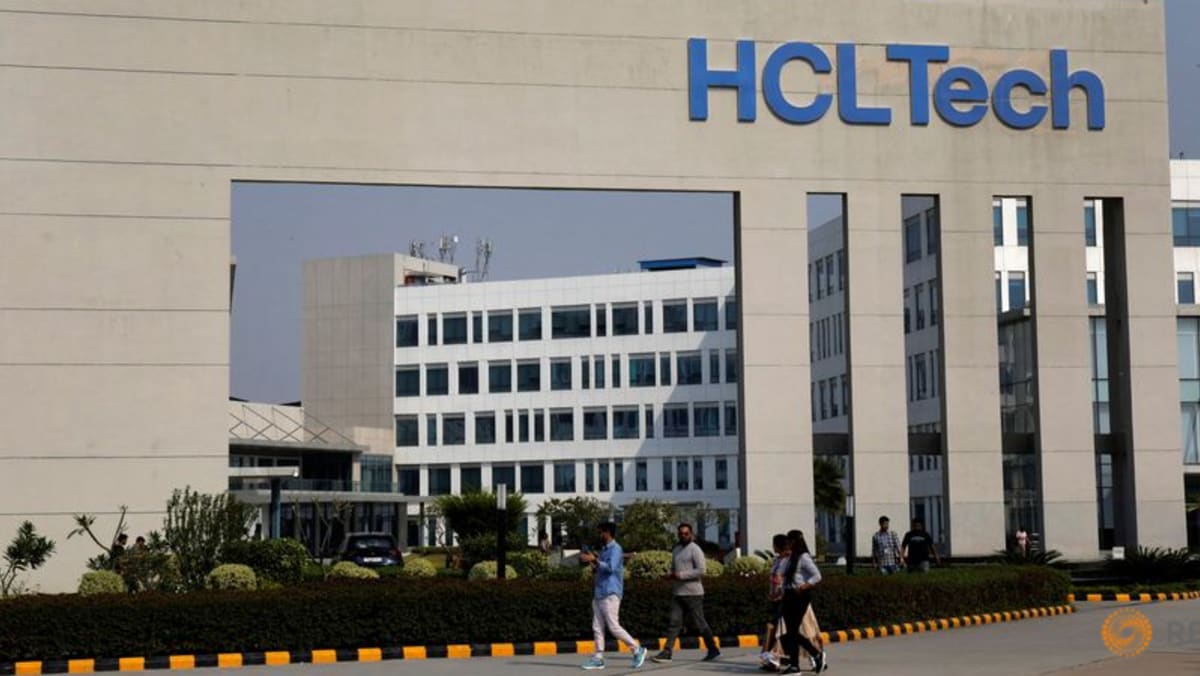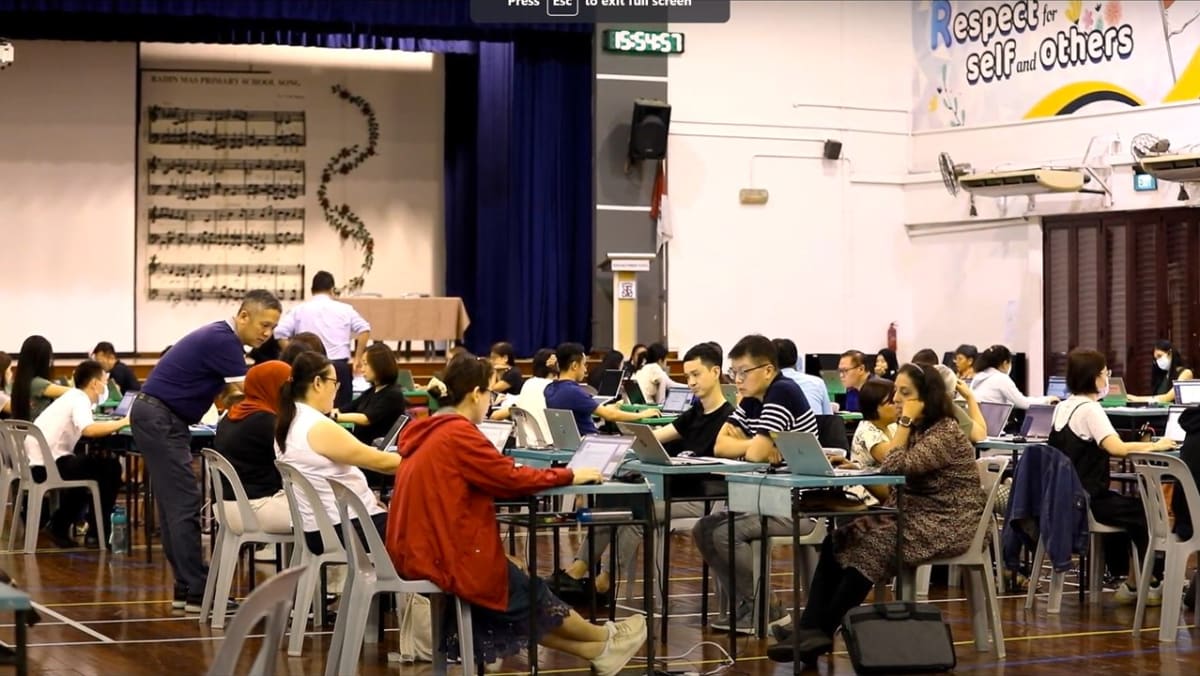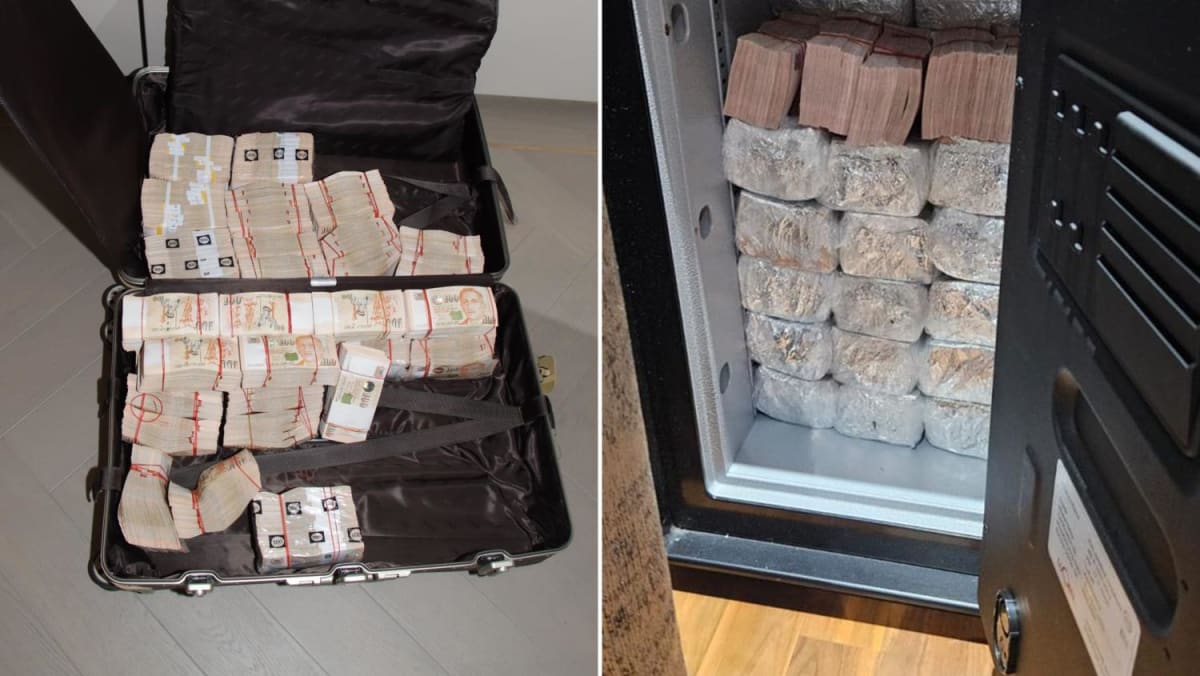He thinks it is important for pupils to analyse and better understand the scenarios in the questions.
“For example, you have a picture of an experimental set-up. They need to … see how this set-up is related to a concept that they’ve learnt,” he cited.
The way to do this — in any exam paper — is to take time to understand what kind of answer is expected, rather than “jump into responding too quickly”, he said.
“Looking at the demands of the paper that we have, I think there’s enough time for our students … to do that well.”
10. WHAT ADVICE WOULD HE GIVE PARENTS AND PUPILS?
Practically speaking, if pupils find a certain question challenging and are stuck, they should move on to more familiar questions, which can serve as a confidence booster, Mahardale advised.
Conversely, if they “spend too much time trying to tackle a question”, it may sap their morale, “and they might not be confident in tackling the rest of the questions”.
“(Exam) planning and time management is definitely something that we teach our kids,” he said.
If pupils are stuck on maths questions in particular, his advice is to try their best to “show some form of understanding”, since marks may be awarded for method.
He noted that the PSLE is an “important milestone” for pupils and “high stakes” for the parents who see it as “an opportunity to (give their children) good secondary school choices”.
But his view is that the PSLE “isn’t an end point” but a “checkpoint”. “It’s an opportunity for us to apply the things we’ve learnt in primary school (as) best we can,” he said.






.png?itok=IEnc60xx)







